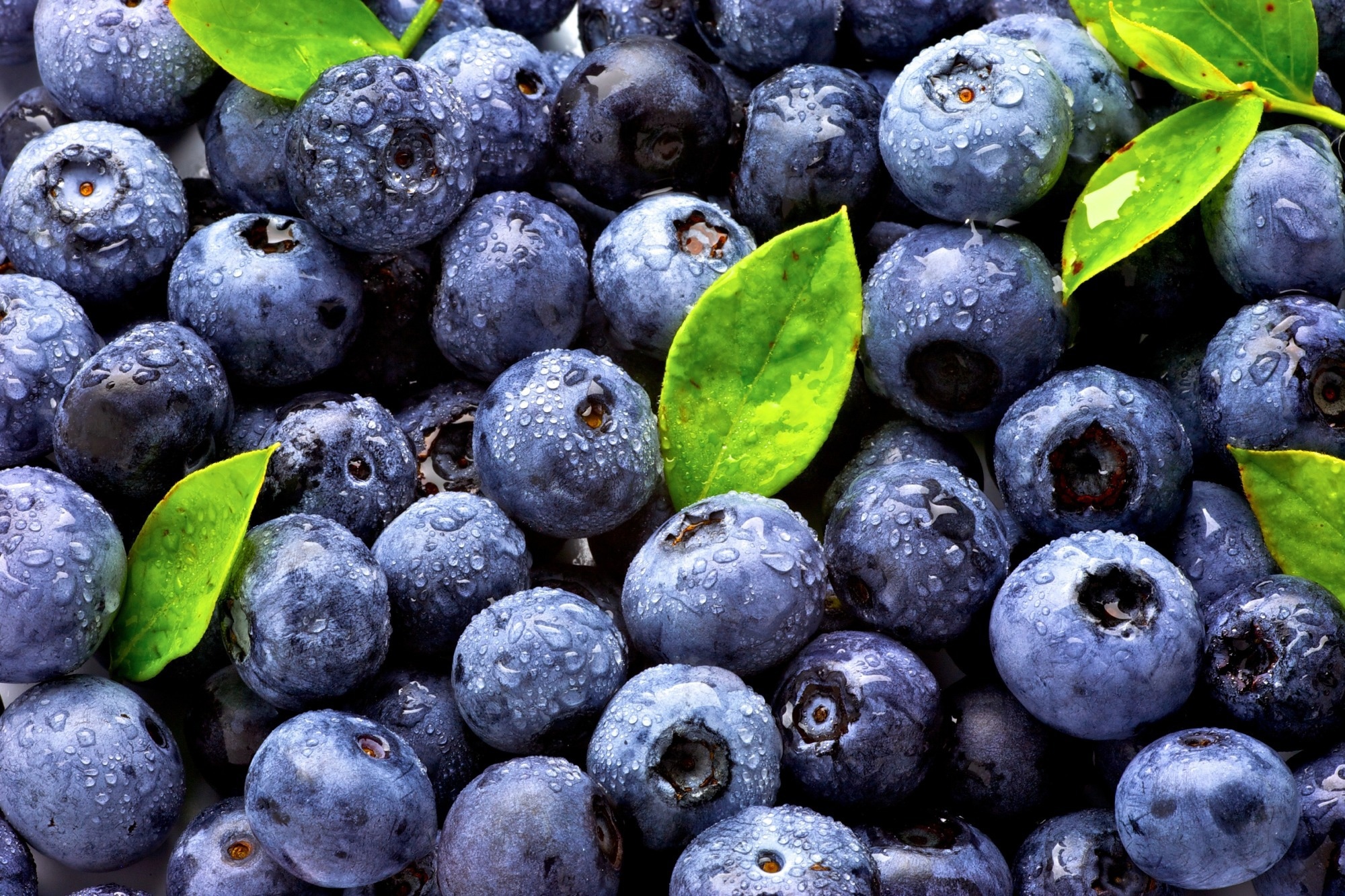MetS affects one in three adults, predisposing them to cardiovascular disease risk. It predicts diabetes development, which is recognized as a modifiable mid-life risk factor for Alzheimer’s disease. Besides, an association between MetS and cognition has been frequently reported. Brain imaging studies have shown that MetS is associated with lower grey and white matter volumes and disruptions in cerebral homeostasis.
Previously, the authors showed that blueberry intake improved cardiometabolic health in MetS subjects. Various trials have reported improvements in executive function, processing speed, memory encoding, and cognitive symptoms with blueberries. Nevertheless, postprandial cognitive response to blueberries has been assessed in healthy subjects only, and data on cognitive function and mood after chronic or postprandial intervention in people with MetS are lacking.
 Study: Chronic and postprandial effect of blueberries on cognitive function, alertness, and mood in participants with metabolic syndrome – results from a six-month, double-blind, randomized controlled trial. Image Credit: matin / Shutterstock
Study: Chronic and postprandial effect of blueberries on cognitive function, alertness, and mood in participants with metabolic syndrome – results from a six-month, double-blind, randomized controlled trial. Image Credit: matin / Shutterstock
About the study
In the present study, researchers examined the effects of a six-month intake of blueberries on cognitive function, alertness, and mood in adults with MetS. Subjects were overweight/obese adults aged 50–75, meeting at least three MetS components: central adiposity, impaired fasting glucose, low levels of high-density lipoprotein (HDL) cholesterol, and hypertriglyceridemia.
Participants were randomized to one of the three groups. The intervention commenced after three weeks of dietary restrictions (low in flavonoids and anthocyanin). Participants received sachets containing freeze-dried blueberries (equivalent to one cup of blueberries), an isocaloric placebo, or a hybrid of both (equal to half a cup of blueberries).
The assigned product was required to be consumed every day for six months. The primary outcome (change in insulin resistance) was previously reported. The current study reported findings on secondary outcomes – composite cognitive function and self-rated mood and alertness. These data were obtained through a battery of cognitive function tests, adapted to include tests for alertness and mood. The Leeds sleep evaluation questionnaire was integrated into the test battery.
Carrier status of the apolipoprotein E (APOE) genotype was also assessed. Blueberry metabolite levels in blood and urine were evaluated. An exploratory analysis was performed to determine the association between cognitive function and metabolites. Besides, a postprandial sub-study was undertaken at baseline to assess the effect of one cup of blueberries or placebo with a high-sugar, high-fat meal on postprandial cardiometabolic and cognitive responses.
Findings
Overall, 115 participants completed the six-month intervention; 37, 39, and 39 individuals were assigned to blueberry, placebo, and hybrid groups, respectively. Of these, 33 completed the postprandial sub-study at baseline. Participants were aged 62.8, on average, with a mean body mass index (BMI) of 31.2 kg/m2.
Subjects were predominantly male (> 67%); 24.3% were APOE4 carriers. The researchers found no significant differences in any cognitive function domain over the six months. However, consuming (a cup of) blueberries improved the accuracy of picture recognition by 4.2%. Likewise, self-rated scores of alertness and mood did not differ by intervention.
Furthermore, the researchers did not observe benefits on alertness, sleep quality, and cognitive function in the postprandial sub-study. Nonetheless, self-rated (degree of) calmness was significantly higher with the blueberry intake than placebo.
The exploratory analysis revealed associations between metabolite changes and favorable cognition, alertness, mood, and sleep quality indices following six-month and postprandial blueberry intake. Microbial metabolites of anthocyanins and chlorogenic acid (hippuric acids, phenylalanine derivatives, benzoic acid, etc.) and catechin were associated with favorable memory, calmness, and executive function.
Conclusions
Taken together, the study showed that chronic intake of blueberries (at one or half cup per day) had no benefit on cognitive function, alertness, and mood in adults with MetS. For subjects who consumed a high-fat, high-sugar meal, including one cup of blueberries, did not meaningfully ameliorate the anticipated postprandial declines in cognition, mood, and alertness, except for self-rated calmness.
Overall, the data reinforce the evidence that the benefit of blueberries may be more likely among people with higher cognitive loads, such as those working under stress or performing tasks requiring increased cognitive demands, older people, and those with cognitive dysfunction. Blueberry intervention was ineffective in improving cognition in MetS subjects without cognitive dysfunction.
Journal reference:
- Curtis PJ, Van Der Velpen V, Berends L, et al. Chronic and postprandial effect of blueberries on cognitive function, alertness, and mood in participants with metabolic syndrome – results from a six-month, double-blind, randomized controlled trial. The American Journal of Clinical Nutrition. Published online February 2024:S0002916523663026, DOI: 10.1016/j.ajcnut.2023.12.006, https://www.sciencedirect.com/science/article/pii/S0002916523663026